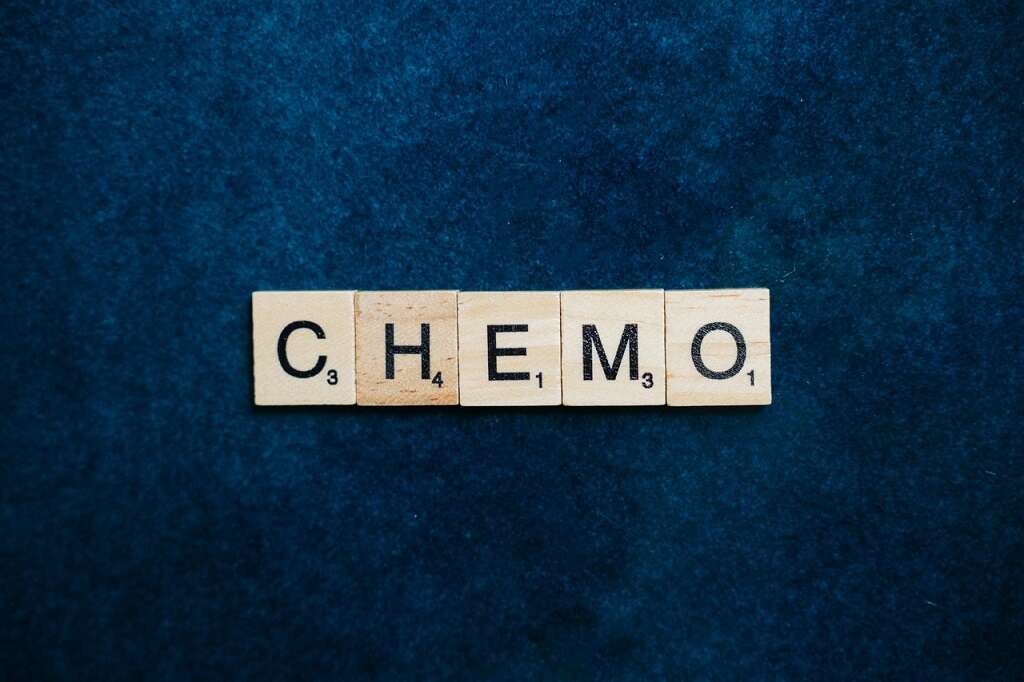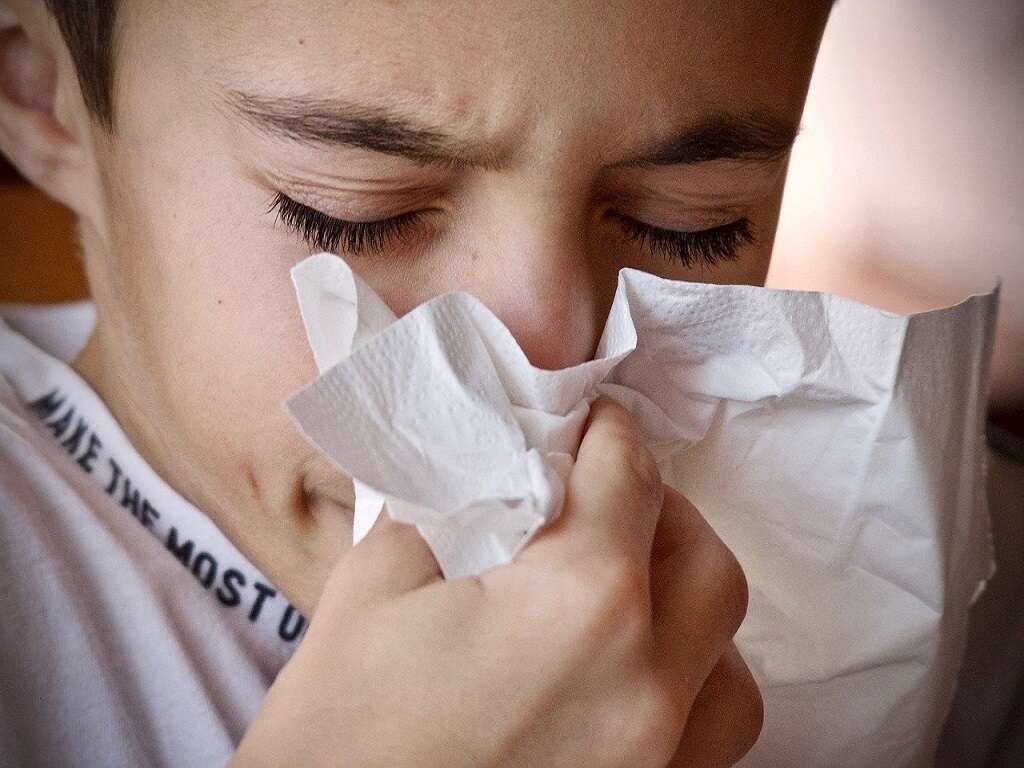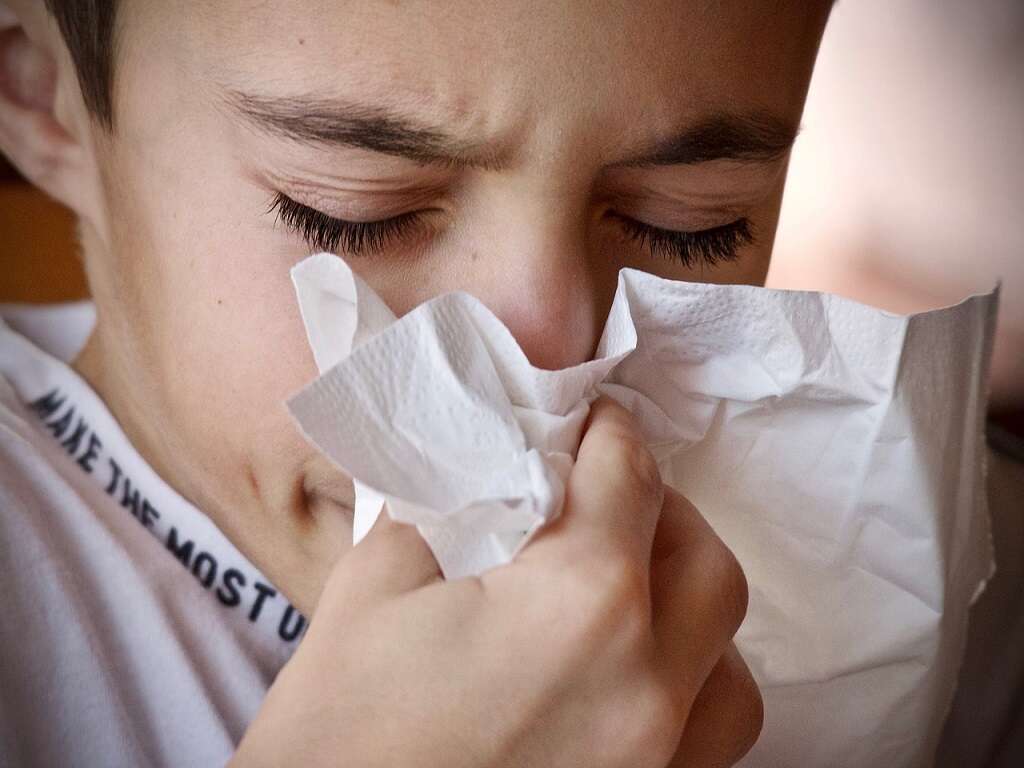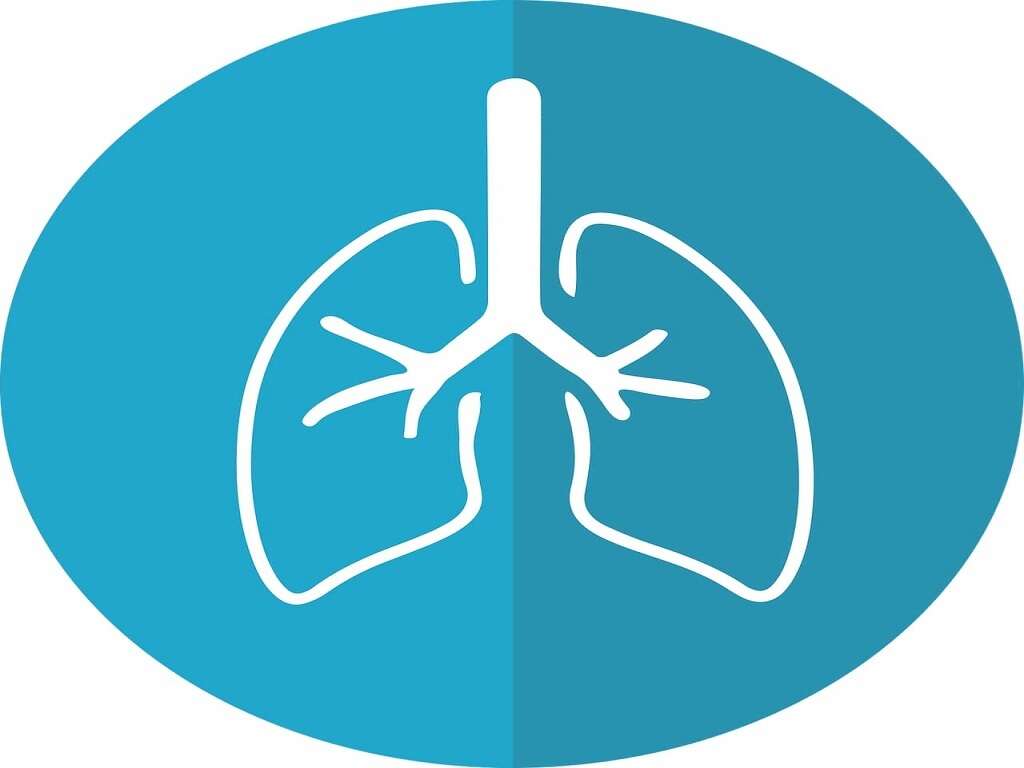Ageusia Causes, Treatments & More
 Article Sources
Article Sources
- 1. Bhandare, Nikhil N, et al. 'Diabetic Tongue - Could It Be a Diagnostic Criterion?' Journal of Family Medicine and Primary Care, Medknow Publications & Media Pvt Ltd, July 2014, www.ncbi.nlm.nih.gov/pmc/articles/PMC4209693/#:~:text=Diabetes mellitus (DM)
- 2. McConnell RJ;Menendez CE;Smith FR;Henkin RI;Rivlin RS; 'Defects of Taste and Smell in Patients with Hypothyroidism.'The American Journal of Medicine, U.S. National Library of Medicine, pubmed.ncbi.nlm.nih.gov/1163545/
- 3. 'Tongue Problems.' Tongue Problems | Michigan Medicine, www.uofmhealth.org/health-library/sig258564.
- 4. Ask the Doctor: 'Is My Blood Pressure Medicine Changing My Ability to Taste?' Harvard Health, 24 Sept. 2019, www.health.harvard.edu/newsletter/article/ask/the/doctor/is/my/blood/pressure/medicine/changing/my/ability/to/taste
- 5. 'Taste Disorders.' National Institute of Deafness and Other Communication Disorders, U.S. Department of Health and Human Services, 14 Dec. 2020, www.nidcd.nih.gov/health/taste-disorders
Radiation Therapy
The main options for tackling head and neck cancer are surgery, chemotherapy, targeted therapy and radiation therapy. All the procedures come with possible side effects, such as blood clots, hair loss, liver problems and sometimes a complete loss of taste.
Radiation therapy can cause damage to taste buds and salivary glands, resulting in ageusia. Taste dysfunctions caused by the therapy usually begin to improve between three and eight weeks after completion of radiation therapy.
Advertisement











